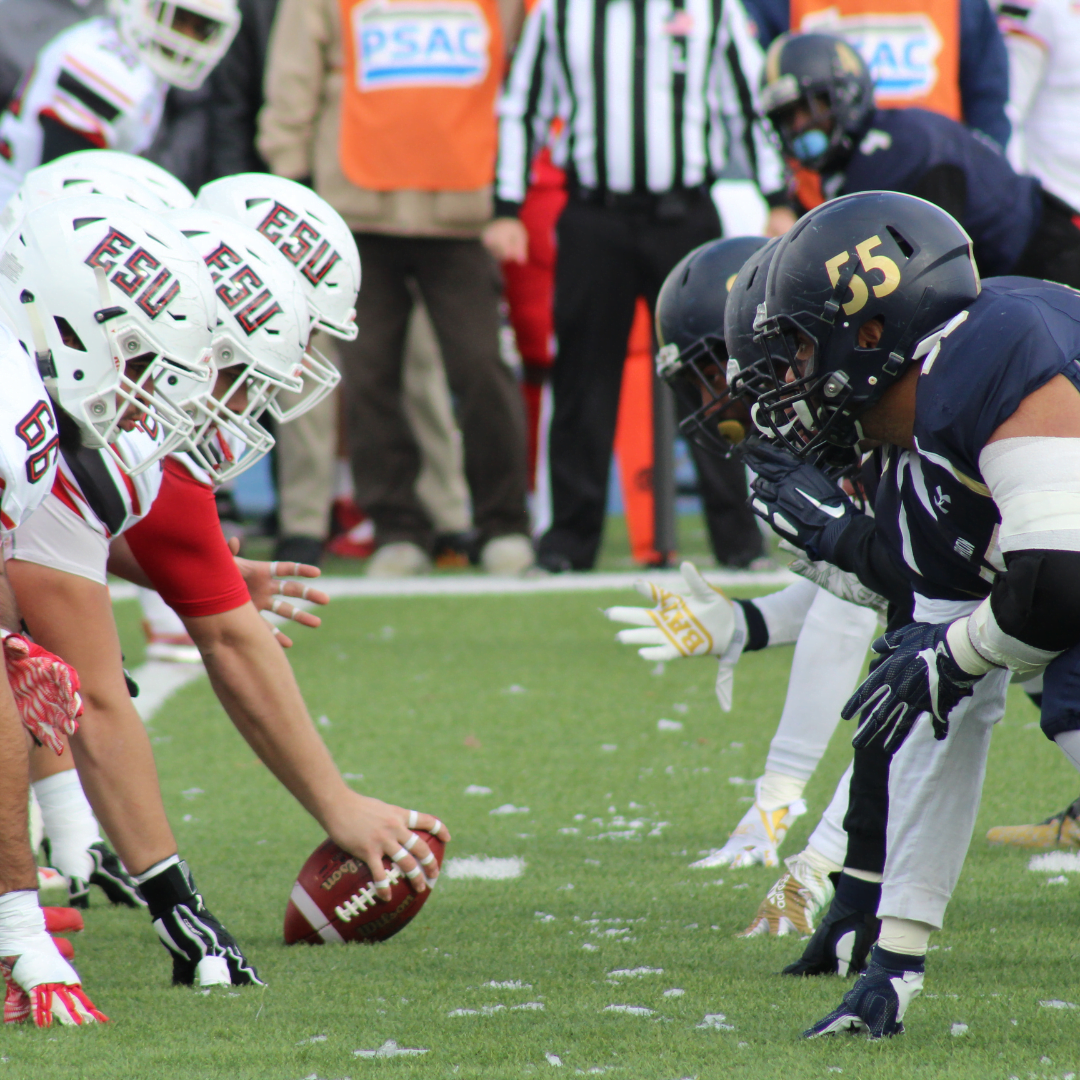
Football Injuries Sport Medicine Symposium and Webinar
Presented by the Winnipeg Blue Bombers Medical Team in partnership with the Canadian Academy of Sport and Exercise Medicine
Start time: 9:00am Central Time
This 4 hour live conference with hybrid webinar will use the backdrop of the Grey Cup to review common musculoskeletal problems seen in primary care, the benefits of exercise and strength training and mental health issues seen in individuals who are physically active.
Accreditation
This activity has been certified by the College of Family Physicians of Canada and the Manitoba Chapter for up to 4 Mainpro+® Certified Activity credits.
Target Audience
The target audience is a physician of any specialty, with or without their CASEM diploma, who wishes to develop and enhance their knowledge of and skill in the care of the athlete. This conference may also be of interest to allied health professionals who are involved with the care of the athlete of football teams.
Organizing Committee
- Neil Craton B.Sc., M.D., M.H.K., M.R.C.P. (SEM), Dip. Sport and Exercise Medicine. Primary Care Sport Medicine.
- Peter MacDonald. M.D., F.R.C.P. Orthopedic Surgeon
Overall Learning Objectives
At the end of this symposium, the learner will be able to:
- Describe the benefits of strength and exercise training for the general population, as well as those with medical diseases.
- Explain the pros and cons of advanced imaging and evaluation of the musculoskeletal system, with particular emphasis on asymptomatic findings in the general population.
- Recall the prevalence of mental health issues in the athletic population and the unique challenges faced by these individuals.
- Describe the evaluation and treatment of shoulder instability.
Program
9:00 AM
We Should Treat our Elderly like Football Players
Dr. Neil Craton
9:30AM
What is Current at the CFL Medical Commission: Focus on Injury Prevention
Dr. Bob McCormack, Dr. Dhiren Naidu
10:00 AM
MRI and Me: The Prevalence of Abnormal Findings on MRI in Asymptomatic People
Dr. Stephane Lenoski
10:30 AM
Shoulder Instability in Athletes
Dr. Peter Macdonald
11:00 AM Break
11:30 AM
The Exercise Pill. The Amazing Benefits of Exercise in the Treatment of Medical Problems.
Dr. Chris Morrow
12:00 PM
The Human Behind the Injury: Mental Health Considerations in the Injured Athlete
Dr. Adrienne Lesli-Toogood
12:30 PM The Good and the Bad of MRI in the Evaluation of Athletic Injuries
Dr. Mike Davidson
1:00 PM Wrap-Up and Q&A
1:30 PM Adjournment
Session Learning Objectives
Treat the Elderly like their Football Players:
- Recognize the risk of sarcopenia in the elderly.
- Explain the contribution of sarcopenia to difficulties with balance, and independent living.
- Describe the evidence surrounding strength training as a mitigating factor for sarcopenia, balance issues, as well as all cause mortality.
What is Current at the CFL Medical Commission: Focus on Injury Prevention
- Identify the latest protocols and guidelines from the CFL Medical Commission regarding player safety.
- Describe new advancements in player health monitoring and injury prevention used by the CFL.
- Recognize the CFL’s approach to managing concussions and other contact-related injuries
MRI and Me: The Prevalence of Abnormal Findings on MRI in Asymptomatic People.
- List the common musculoskeletal anomalies seen in asymptomatic people seen on MRI.
- Recognize the appropriate indications for advanced imaging of the musculoskeletal system
Shoulder Instability in Athletes:
- Differentiate between the causes of shoulder instability in athletes.
- Describe the physical findings of shoulder instability
- Describe appropriate non-surgical rehabilitation modalities for shoulder instability
- List the indications for surgery for shoulder instability
The Exercise Pill
- Recognize the importance of cardiovascular training in the prevention and care of metabolic syndrome.
- Recognize the importance of cardiovascular exercise in the treatment of various mental health disorders
- Prescribe appropriate cardiovascular exercise for the general population, as well as those with medical diseases
The Human Behind the Injury: Mental Health Considerations in the Injured athlete.
- Explain the importance of a biopsychosocial approach to athletes with injury.
- List the most common mental health issues and their prevalence in the athletic community
- Discuss the unique psychosocial challenges experienced by athletes
- Identify the treatment resource is for athletes with mental health challenges
The Good and the Bad of MRI in the Evaluation of Athletic Injuries.
- List medical conditions which require advanced imaging in their evaluation and treatment
- List medical conditions which often do not require advanced imaging in their evaluation and treatment
- Explain how advanced imaging can best be used in the assessment of the musculoskeletal and athletic population

